Respecting diverse communities in healthcare ensures patients receive high-quality care. It is imperative that the needs of different patient populations are understood, and the laboratory can be a leader in achieving this goal. To spotlight the Hispanic and Latinx communities, we are highlighting resources to assist pathologists and laboratory professionals in creating a more inclusive environment.
Letycia Nuñez-Argote, PhD, MPH, CPH, MLS(ASCP)CM, shares her experience in the lab during the COVID-19 pandemic.
318 Chagas Disease: A Concern for Latin American Immigrants
A novel high-resolution melting analysis strategy for detecting cystic fibrosis–causing variants
Inclusive environments that respect the diverse communities in healthcare are essential to high-quality care. Not only do inclusive environments ensure patients are receiving the right care at the right time, they also help foster a diverse leadership base within pathology and laboratory medicine. In celebration of Hispanic and Latinx leaders in the laboratory in 2022, several of these leaders shared their insight and experiences, as well as how they are shaping the face of healthcare and giving back to the profession.
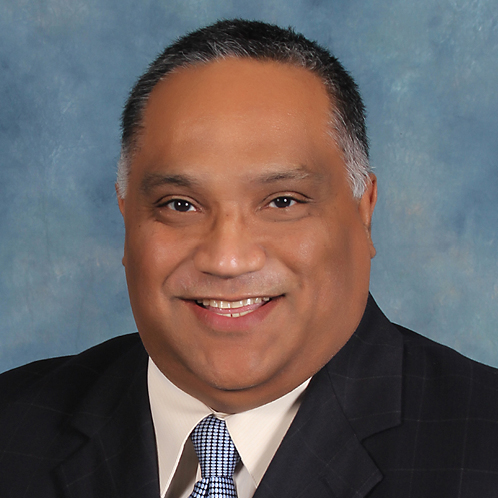
Professor and histotechnology program director at Florida State College at Jacksonville, Jerry Santiago, PhD, HTL(ASCP)QIHC, discusses his thoughts on sharing his knowledge throughout his career.
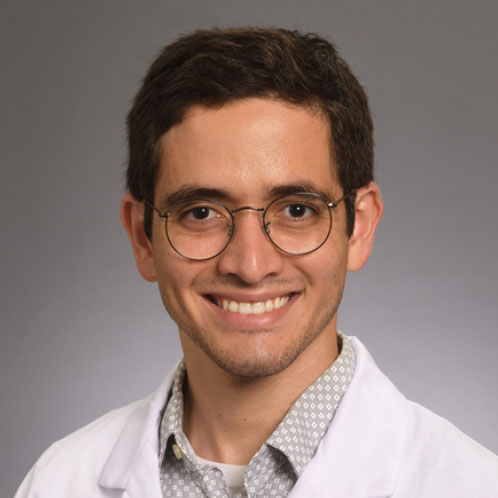
Bryan Morales-Vargas, MD, a neuorpathology fellow at Emory University, grew up in Puerto Rico, and now, living in the U.S., appreciates the perspective he’s gained on his heritage. In this Q&A, he shares his thoughts on diversity in the laboratory and healthcare issues.
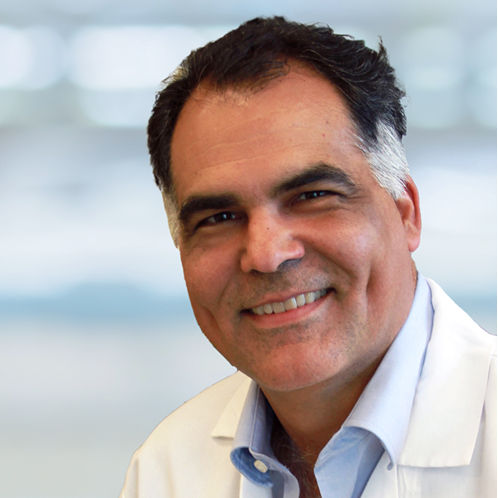
Carlos S. Moreno, PhD, changed career paths from aerospace engineering to cancer research when a family member became ill. Dr. Moreno shares his thoughts on diversity in the laboratory, and his hopes for his professional legacy.
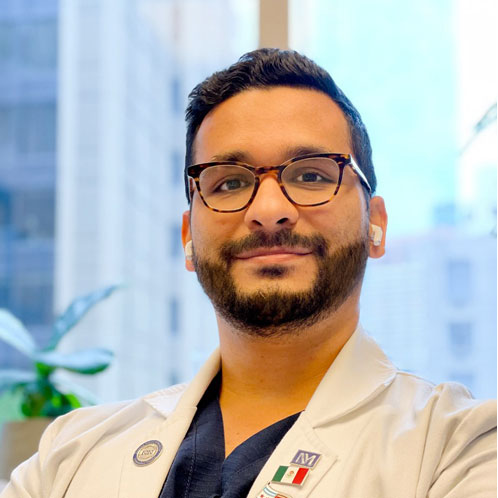
For Jorge E. Novo, MD, his Mexican heritage means pride in his culture, obligation to his community, and duty to elevate himself and others. Here, Dr. Novo shares his insight on diversity in the laboratory and how the laboratory can be a partner in addressing inequities.
Creating an environment that is inclusive and respectful of the diverse communities that healthcare serves is critical. It both helps improve delivery of high-quality care, and also fosters growth of pathology and laboratory professionals as leaders in the profession. To celebrate Latinx History Month in 2021, Latinx leaders from the pathology and laboratory medicine community shared their thoughts and experiences on what it means to be Latinx in healthcare, health myths surrounding the Latinx culture, what health professionals can do to better understand the Latinx community, and more.
Read the Q&As below!
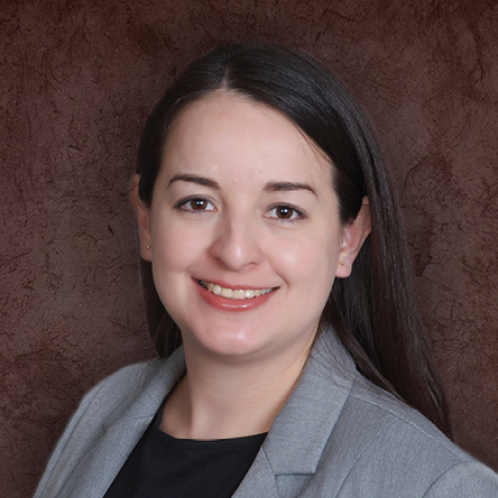
What does the term Latinx mean to you? How does it inform more equitable patient care? Letycia Nunez-Argote, MPH, CPH, MLS(ASCP)CM, shares her thoughts on these questions and more.
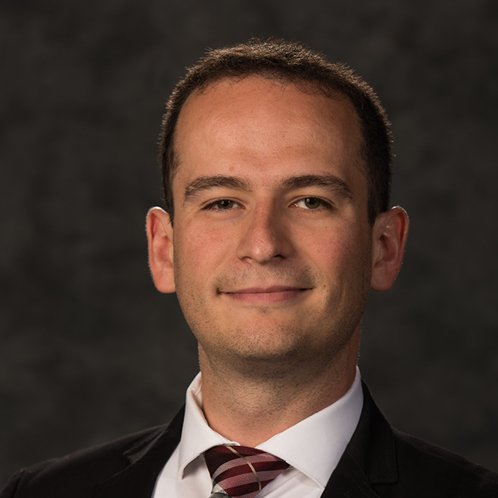
Carlos Parra-Herran, MD, says that the adaptability of Latinx people has aided them in facing—and overcoming—challenges. Read on to find out more.
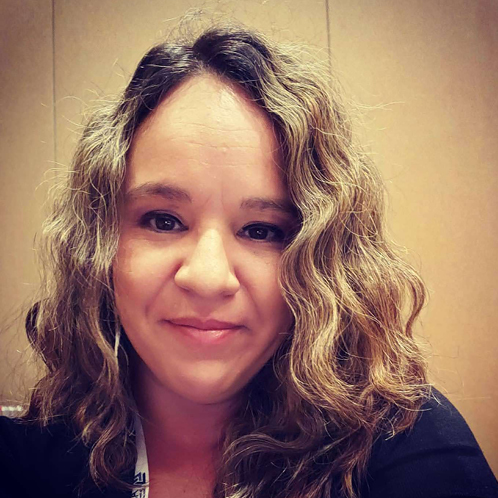
Emilia Marrero-Greene, MEd, M(ASCP)CM, MT(AAB), shares her thoughts on how healthcare providers can deepen understanding of the Latinx community and more.
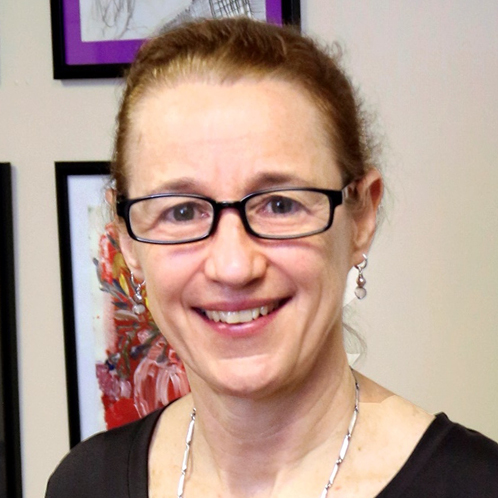
Jeannette Guarner, MD, shares her thoughts on being part of the Latinx healthcare community, and how the community can increase understanding of Latinx patients.